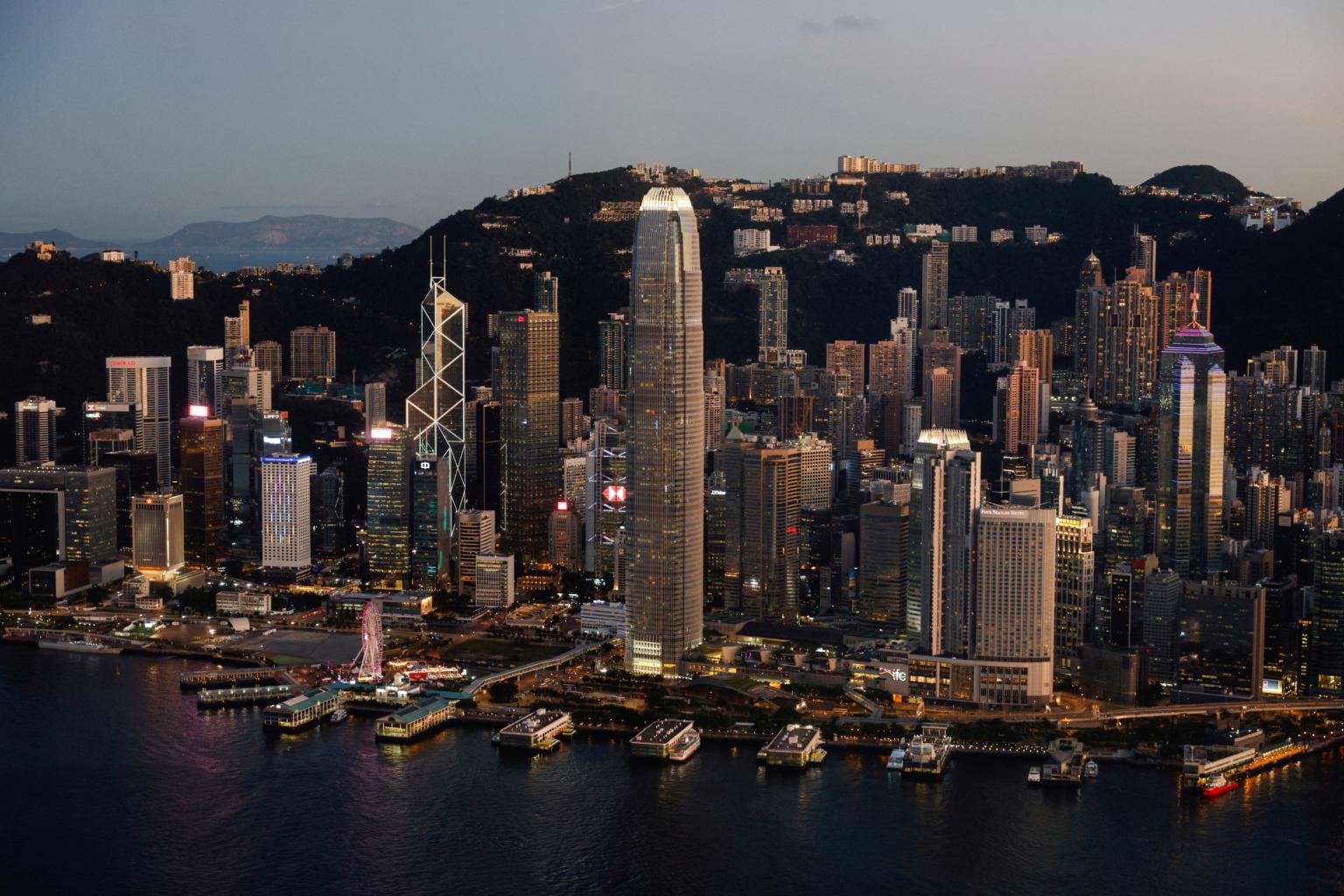Hong Kong's private sector expands at fastest pace since 2011, but doubt remains
Sign up now: Get ST's newsletters delivered to your inbox

New order growth accelerated in May, driving hiring and purchasing activity expansion.
PHOTO: REUTERS
HONG KONG (BLOOMBERG) - Hong Kong's private sector expanded in May at the fastest pace in more than a decade as the city gradually eased its toughest Covid-19 restrictions and a severe outbreak receded.
The S&P Global Purchasing Managers' Index rose to 54.9 in May, up from 51.7 in April. It was the second straight month of expansion after three months of contraction to start the year as the government's strict social distancing curbs impacted economic growth.
A reading above 50 signals expansion, while anything below that indicates contraction.
New order growth accelerated in May, driving hiring and purchasing activity expansion, according to S&P Global. The rate of growth was the sharpest since March 2011, the firm said.
"Despite the unleashing of pent-up demand with the easing of virus restrictions, price and supply pressures showed no signs of worsening, which had been a positive sign," said Ms Pan Jingyi, economics associate director at S&P Global Market Intelligence, in a statement accompanying the data release.
She added that the data suggested Hong Kong's economy was "recovering strongly into the second quarter", although pointing out that demand from China remained under pressure.
The economy contracted in the first quarter for the first time in more than a year on local Covid-19 restrictions and a severe hit to trade spurred by China's Omicron outbreak.
Hong Kong has eased many of its restrictions since April, though Covid-19 cases are beginning to climb again.
The city reported 515 cases on Sunday, the most since April 23. More than 200 cases have been linked to the outbreak associated with four bars, thought to have emerged after the latest round of social distancing curbs were loosened about a week ago.
The uptick will add to concerns that Hong Kong may backtrack on some of its pandemic easing, particularly as the handover of power from Chief Executive Carrie Lam to her successor, Beijing loyalist John Lee, looms.
Hong Kong has in recent weeks forced patients with even mild infections caused by new Omicron sub-variants and their close contacts into government-run isolation, backing away from a practice that has seen most positive people able to quarantine at home over the past few months.
The back-pedalling was criticised by business groups and even a local public health expert. While the authorities claimed the move did not signal a wider change in policy, international chambers of commerce in Hong Kong said it was another blow to the city's already damaged status as a global financial centre.
"We will continue to lose international talent and businesses, impacting Hong Kong's competitiveness even further," said Mr Joseph Armas, chairman of the American Chamber of Commerce in Hong Kong.
Ongoing pandemic border curbs remain one of the biggest issues for foreign businesses and expatriates. While some of the curbs for incoming travellers have been eased in recent months, mandatory hotel quarantine is still required for anyone entering Hong Kong, unless they are coming from mainland China.
A resurgence in Covid-19 cases may give less of an incentive for the authorities to further reduce curbs that are isolating the financial hub.


